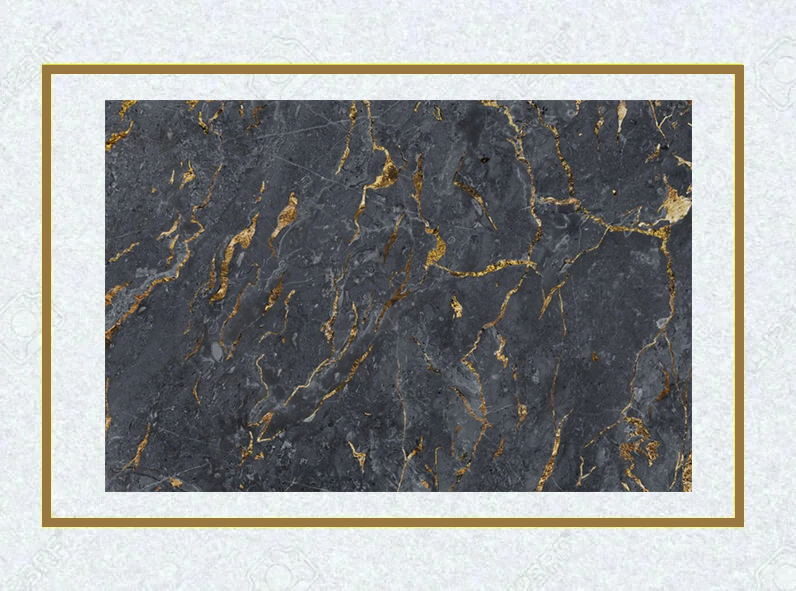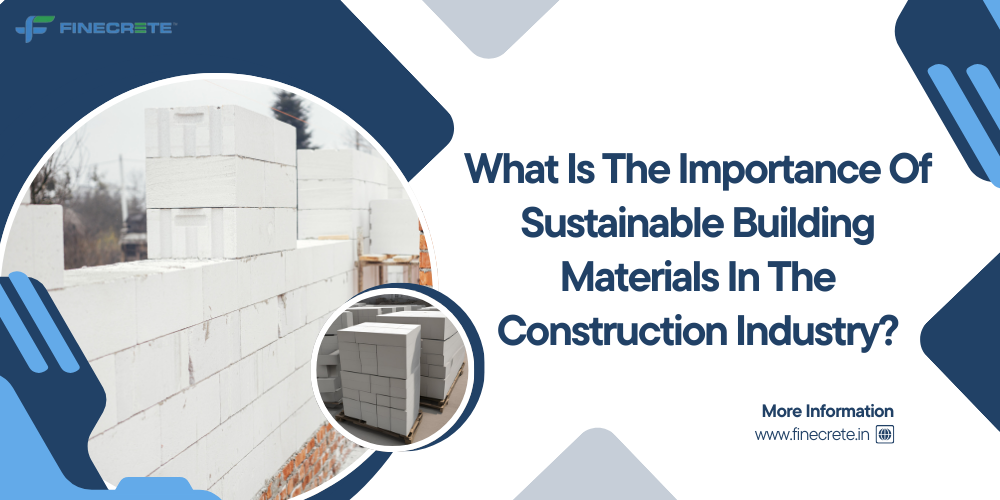In recent years, the construction industry has witnessed a growing emphasis on sustainability and environmentally friendly practices. The use of eco-friendly building materials is one significant aspect of sustainable construction. These materials reduce the environmental impact of construction as well as offer numerous benefits in terms of durability, energy efficiency, and indoor air quality. Read on and learn the importance of sustainable building materials in the construction industry, focusing on some key examples.
AAC Blocks
AAC (Autoclaved Aerated Concrete) blocks are durable but appear lightweight. These are energy-efficient building materials and made from a mixture of cement, lime, sand, and water, with the addition of an expanding agent that creates air bubbles within the blocks. These air bubbles enhance the insulation properties of AAC blocks, reducing the need for artificial heating and cooling. Further, AAC blocks are equipped with excellent fire-resistant properties. Builders can use these in construction projects to create energy-efficient and environmentally friendly structures.
Gypsum Plaster
Gypsum plaster is a sustainable alternative to traditional cement-based plaster. It is made from gypsum, a naturally occurring mineral. Gypsum plaster offers several advantages, including excellent fire resistance, sound insulation, and moisture control.
It is also known for its low carbon footprint. The production process of this building material requires less energy, as compared to cement-based products. Moreover, gypsum plaster is recyclable. It can be easily reused or repurposed. With gypsum plaster, it is easy to give the right edge to construction projects.
Tile Adhesive
Tile adhesive is an essential component in the installation of tiles. Opting for eco-friendly tile adhesive can have a significant impact on the sustainability of a construction project. Sustainable tile adhesives are often water-based, free from harmful chemicals, and have low volatile organic compound (VOC) emissions.
These adhesives not only provide strong bonding but also ensure a healthier indoor environment. These days, builders are increasingly opting for sustainable tile adhesives to reduce the release of toxic substances into the air and contribute to better indoor air quality.
Mortar
Mortar is a crucial component in masonry construction, used to bind bricks, stones, or other building materials together. Sustainable mortar options include lime mortar and hemp lime mortar. Lime mortar is made from lime putty and sand. It offers several benefits, such as breathability, flexibility, and longevity.
Hemp lime mortar combines hemp fibers with lime and provides excellent thermal and acoustic insulation properties. When mortar is used, contractors can promote the use of natural materials in their construction projects. It can be easy to reduce the carbon footprint associated with traditional cement-based mortars.
Granite
Granite is a popular choice for countertops, flooring, and other architectural elements. Sustainable granite is sourced from quarries that follow responsible mining practices and prioritize worker safety and environmental protection. Further, sustainable granite suppliers may offer reclaimed or recycled granite, reducing the demand for new extraction.
When sustainable granite is used, contractors, architects, and homeowners can support ethical sourcing. They can easily reduce the environmental impact of the stone industry.
The use of sustainable building materials is vital for creating a greener, healthier, and more sustainable construction industry. As the demand for sustainable construction practices continues to grow, the importance of these eco-friendly materials cannot be overstated.






